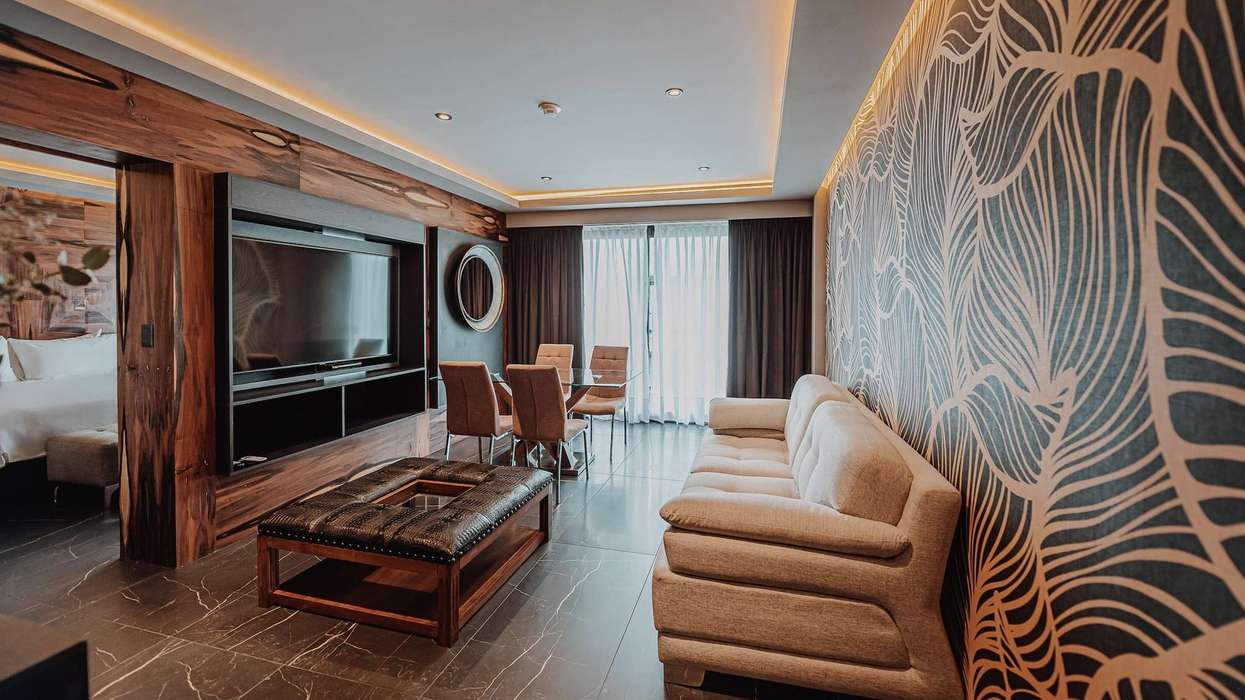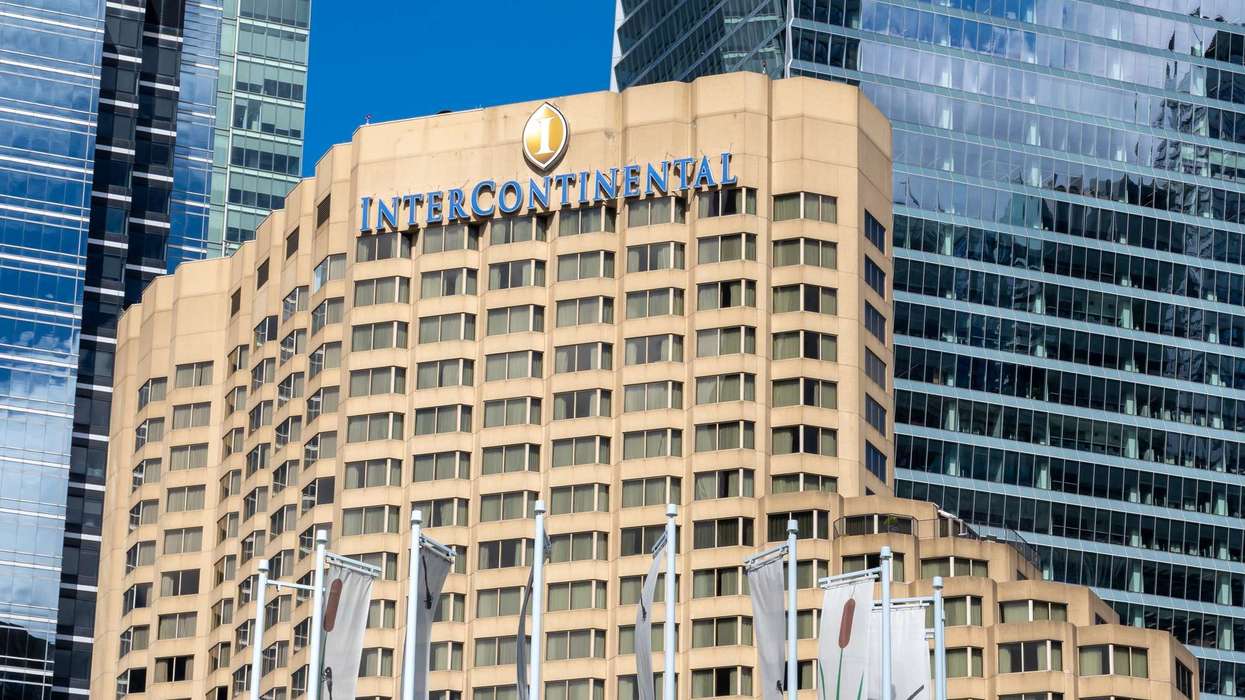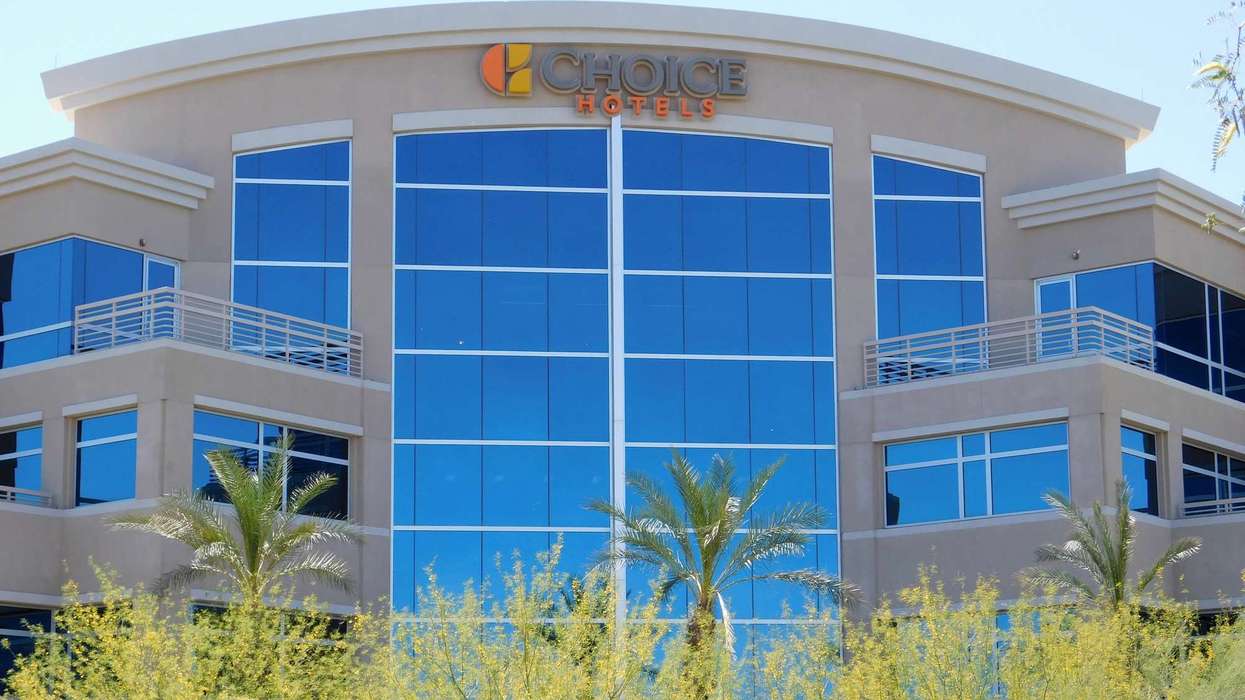THE SENATE HAS released its version of a federal stimulus bill to help the nation’s economy as the COVID-19 pandemic continues. However, the new legislation is already meeting resistance from within the Republican party that introduced it.
Announced on Tuesday, if approved the Health, Economic Assistance, Liability Protection and Schools (HEALS) Act would join the Democrat controlled House’s Health and Economic Recovery Omnibus Emergency Solutions (HEROES) Act, passed by that legislative body in May. Both bills include elements hotels and other business need to stay open during the current economic downturn, but both would have to be consolidated into a law that can be signed by President Trump before they can be of benefit.
However, Congress appeared far away from agreeing on a final bill on Wednesday as the Senate hit hurdles with the HEALS Act.
“Our nation stands at a challenging crossroads. We have one foot in this pandemic and one foot in the recovery. We can’t go back to April, and until we have a vaccine, we can’t go back to normal either,” Senate Majority Leader Mitch McConnell said in a statement. “What the American people need is a smart, safe, and sustainable middle ground. And they need Congress’s help to construct it. That’s exactly what our major proposal would do.”
Despite that endorsement from party leadership, members of McConnell’s conference rebelled against numerous elements in the bill. Some called it a “mistake” or said “there are a hundred problems with the plan,” according to CNN.com. One point of contention was the inclusion of $1.75 billion in the bill to build a new FBI building.
"I just don't understand it. How is it tied to coronavirus? I never understood why we were giving money to the Kennedy Center or National Endowment for the Arts. During a pandemic, let's concentrate on solving the problem," Sen. Rick Scott, a Republican from Florida said during the Republican’s private lunch.
Last week, AAHOA sent a letter to Congress warning of the “catastrophic collapse” of the hotel industry without new federal aid. The American Hotel & Lodging Association and U.S. Travel Association sent their own letters outlining the priorities the government needs to address to meet the industry’s needs.
Many of those priorities, including new funding for the Paycheck Protection Program that provides loans for employee retention and limited liability protection for businesses as they reopen are included in the HEALS Act, said Chip Rogers, AHLA president and CEO, in a statement.
“We urgently need help just so hotels can remain solvent in order to retain and rehire our employees. We applaud lawmakers who have recognized this fact while crafting this critical legislation,” Rogers said. “We urge Congress to move swiftly to pass additional support directed at the industries and employees who have been most negatively impacted by this crisis.”
Other industry priorities are:
- Establish a commercial mortgage backed securities market relief fund, with a specific focus on the hotel industry, as part of the Federal Reserve’s lending options.
- Make structural changes to the Main Street Lending Facility established under the CARES Act to ensure hotel companies can access the program.
- Include limited liability language to provide a limited safe harbor from exposure liability for hotels that reopen and follow proper public health guidance.
- Include targeted tax provisions that will benefit severely injured businesses and their employees, including tax credits for capital expenditures or expenses to meet the industry’s Safe Stay initiative; enhanced Employee Retention Credit; a temporary travel tax credit; exempting taxation on phantom income from loan modification forgiveness or cancelation; and allowing full deductibility of the food and entertainment business expense.
Hotels supported more than one in 25 jobs and contributed $660 billion to the U.S. GDP before the pandemic, AHLA said. Since February, the industry has lost 4.8 million jobs, more than the construction, manufacturing, retail, education and health services sectors combined.
“Four months into this crisis, hotels are still staffed at less than half their pre-pandemic levels,” the association said. “The economic impact is the worst the industry has ever faced.”





